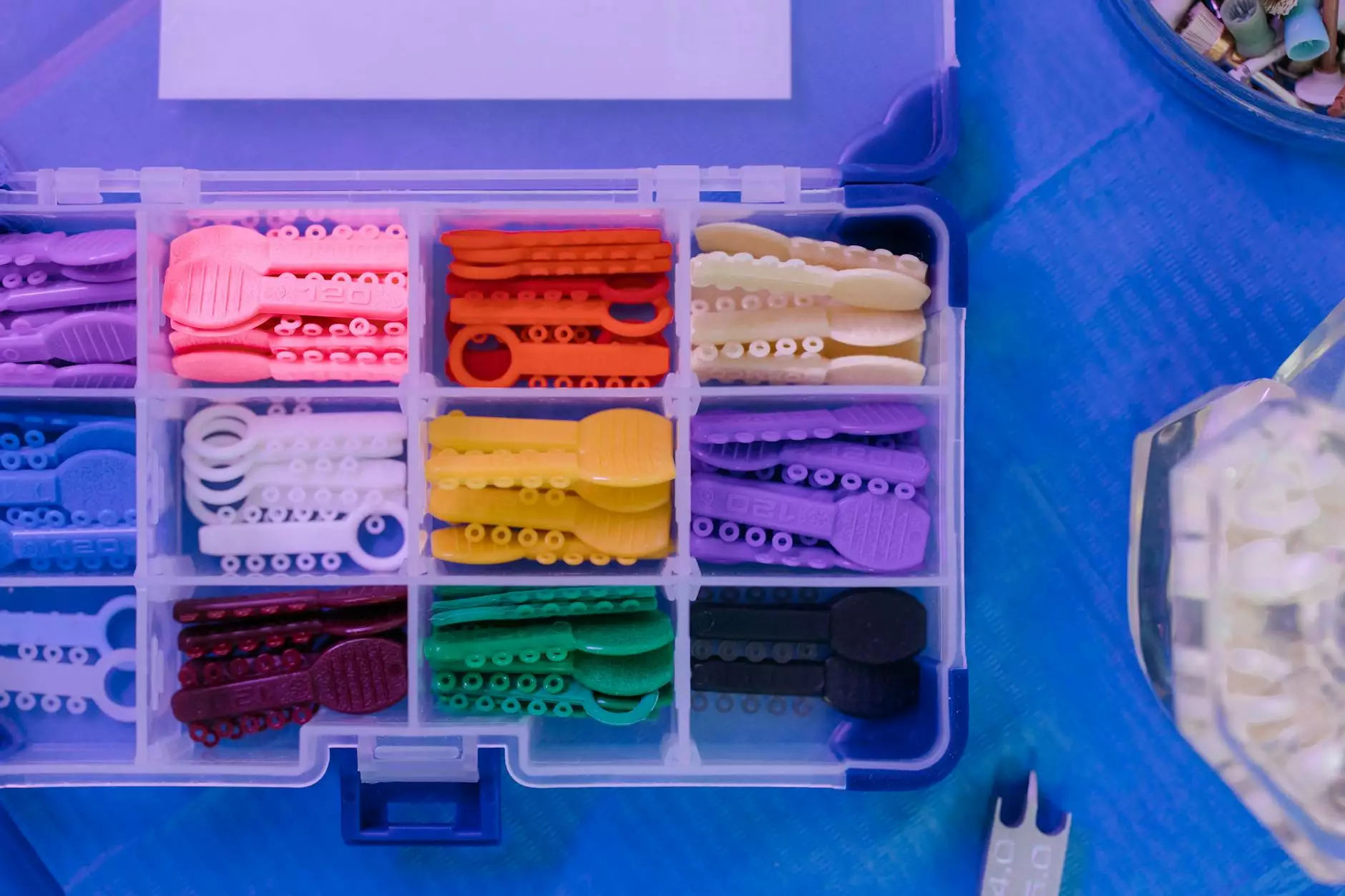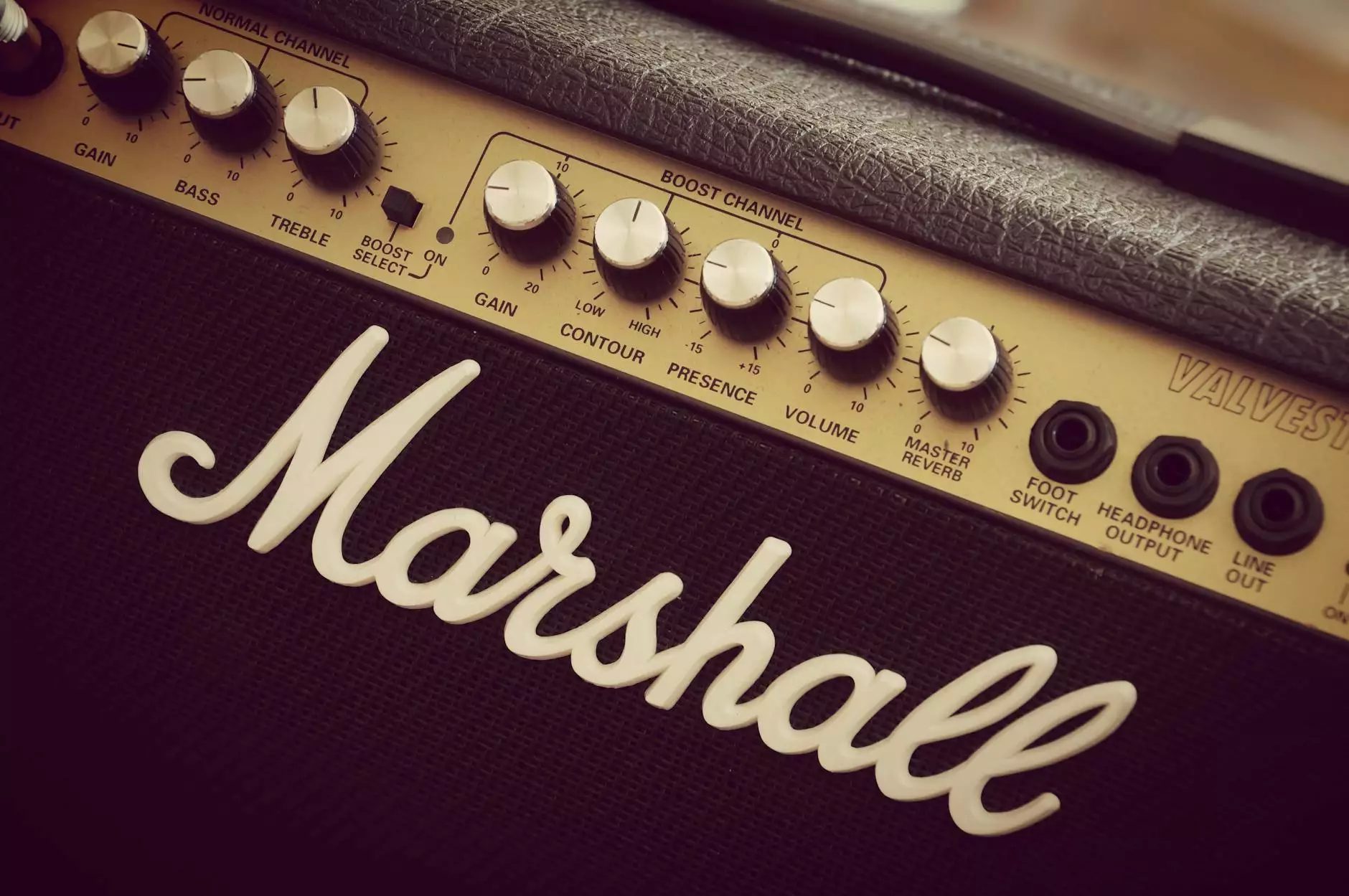Understanding Horse Oral Health: Comprehensive Guide for Pet Owners

Ensuring your horse's health is an essential responsibility for any equestrian enthusiast. One critical aspect of overall wellbeing is horse oral health. Just like humans, horses require regular dental care to thrive, perform well, and maintain a high quality of life. In this in-depth article, we’ll explore everything you need to know about horse oral health, medications, and effective care practices. Let's dive in!
The Importance of Horse Oral Health
Dental health is often overlooked in equine care, yet it plays a pivotal role in the overall wellbeing of your horse. Healthy teeth contribute to:
- Proper nutrition: Horses are herbivores, and their diet requires efficient chewing. Poor dental health can lead to issues such as weight loss and digestive problems.
- Comfort: Horses with dental problems often experience pain, which can affect their demeanor and performance.
- Behavior: Oral discomfort can lead to behavioral issues, including biting and head tossing.
Common Dental Issues in Horses
Understanding the common dental issues faced by horses is crucial for prevention and treatment. Here are some of the most prevalent conditions:
- Wolf teeth: These are vestigial teeth that can cause discomfort. They are often found in the upper jaw and may need to be extracted.
- Sharp points: The natural wear of teeth can lead to jagged edges that can irritate the tongue and cheek.
- Tooth abscesses: Infections can occur, requiring immediate veterinary intervention.
- Periodontal disease: Just like humans, horses can develop gum diseases that require regular care.
Signs of Oral Health Issues
As a horse owner, being vigilant about any changes in your horse's behavior or health is vital. Watch for these warning signs of dental issues:
- Difficulty eating: If your horse struggles to chew, it may indicate dental pain.
- Bad breath: Foul odor can be a sign of underlying dental problems.
- Weight loss: Trouble eating can lead to weight loss and general lethargy.
- Excessive drooling: Increased saliva can suggest oral pain or discomfort.
Routine Oral Care for Horses
Maintaining your horse's oral health requires a systematic approach to care. Here are essential practices:
Regular Dental Check-Ups
It's critical to schedule routine dental examinations with a qualified veterinarian or equine dentist every 6 to 12 months. This ensures early detection and treatment of any issues.
Proper Feeding Practices
Feeding your horse a balanced diet of high-quality forage can help natural wear down teeth. Avoid hard feeds that may exacerbate dental issues.
Dental Floating
Floating is the process of filing down sharp points and uneven wear on the teeth. This procedure should be performed by a professional, usually during check-ups.
Medications for Horse Oral Health
Various medications may be necessary to maintain your horse's oral health, especially when dealing with dental issues.
Analgesics
Pain relief is crucial for horses with dental discomfort. Your veterinarian may prescribe non-steroidal anti-inflammatory drugs (NSAIDs) to manage pain and inflammation.
Antibiotics
In cases of infection, such as an abscessed tooth, antibiotic treatment may be required to control the spread of bacteria and alleviate pain.
Medicated Pastes
Some equine-specific medicated pastes can help in managing inflammation in the gums or aiding in the healing of dental procedures.
Best Practices for Horse Oral Care
To maintain optimal horse oral health, consider the following best practices:
- Daily checks: Regularly inspect your horse’s mouth for abnormalities.
- Hydration: Ensure your horse has access to fresh water, as hydration is essential for overall health.
- Consult professionals: Maintain an open line of communication with your veterinarian regarding your horse's dental needs.
- Educate yourself: Stay informed about advancements in equine dental care to provide the best for your horse.
Conclusion
Taking affirmative action toward your horse's oral health is a critical component of their overall well-being. By recognizing the importance of horse oral care, understanding common dental issues, and implementing preventive measures, you can help your horse lead a healthier, happier life. Remember, a dedicated owner who invests time and resources into dental care will reap countless benefits, not just in performance but in the general health of their equine companion.
Additional Resources
For more detailed information and the latest updates on equine oral health, check out:
- Racehorse Med Care
- Equine Dentistry Network
- The Horse Magazine









